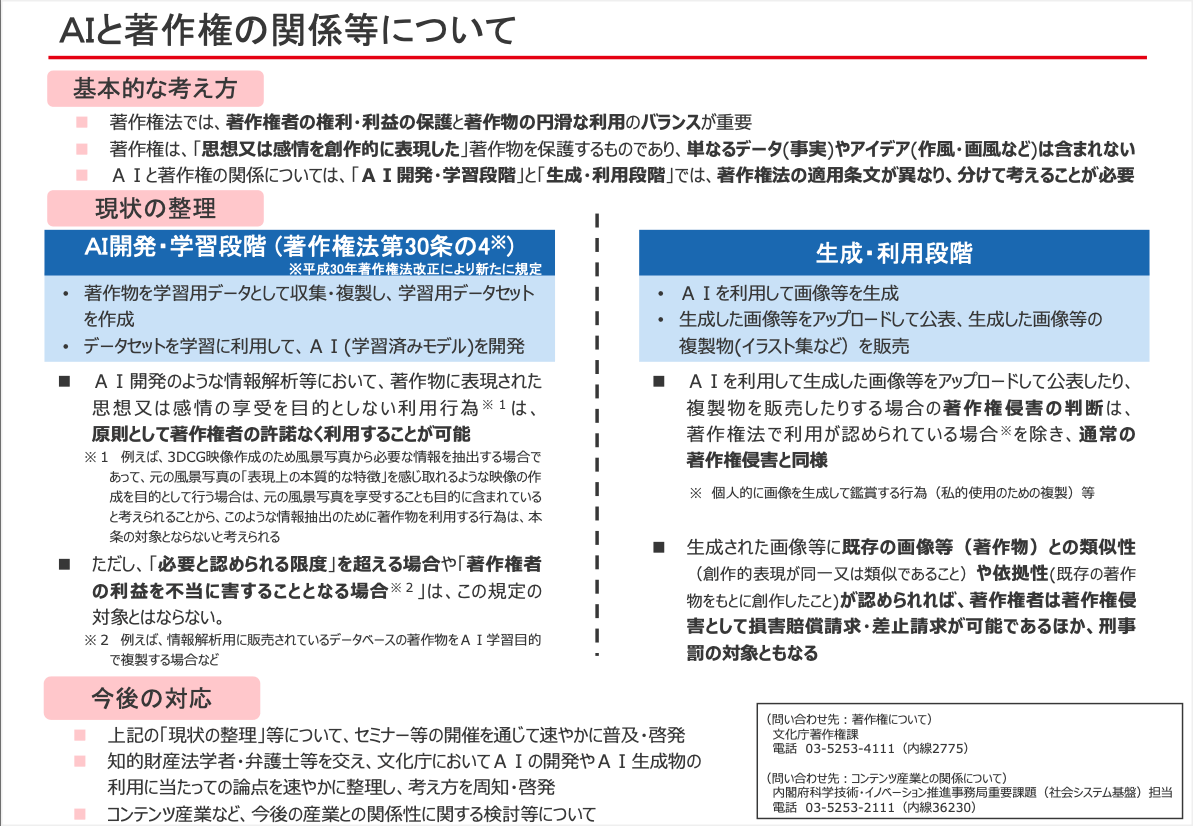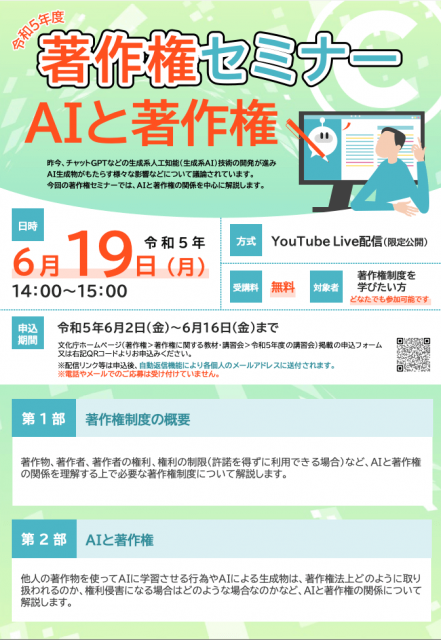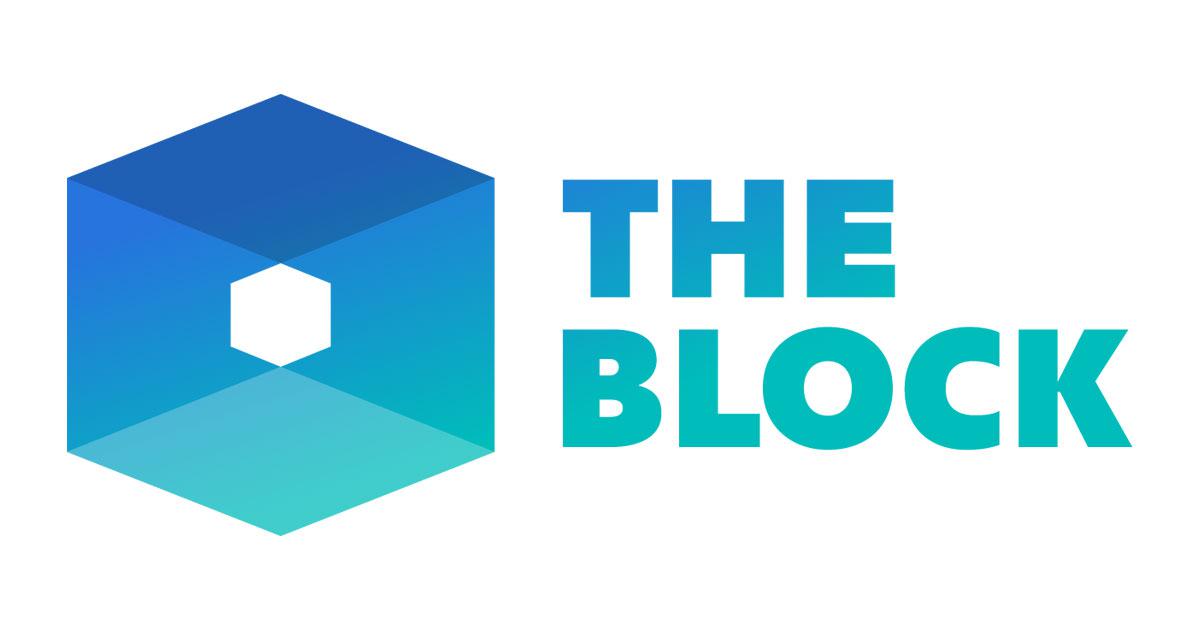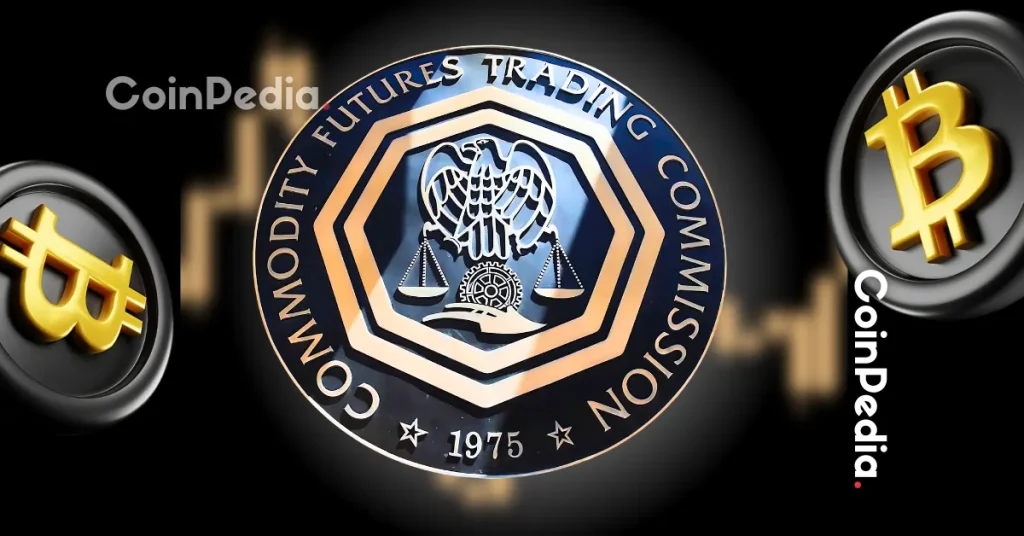
Japan takes the lead in copyright issues
Japan’s Minister of Education, Culture, Sports, Science and Technology Keiko Nagaoka’s answer to the question of generative AI and copyright has attracted attention overseas. Regarding the use of data used in the development and learning stages of generative AI, it is said that Japan has taken the lead in AI copyright issues, as the top government has determined that it can be used regardless of copyright. became a hot topic.
Japan has become a machine learning paradise. https://t.co/uUWMvRmULX
— Yann LeCun (@ylecun) June 1, 2023
Japan has become a machine learning paradise.
Yann Lucan, chief AI scientist at Meta, tweeted: Regarding copyright, he said, “the driving principle is the maximization of the public good, not the power of content owners.”
On April 24, Minister of Education, Culture, Sports, Science and Technology Nagaoka answered the following question raised by Takashi Kii, a member of the House of Representatives, regarding the use of various contents for information analysis at the Second Subcommittee of the House of Representatives’ Settlement and Administration Oversight Committee.
Under Japanese law, works for non-commercial purposes, commercial purposes, acts other than duplication, and content obtained from illegal sites may be used for information analysis. Is it correct to understand that it is permitted by law?
Mr. Nagaoka answered, “According to Article 30-4 of the Copyright Act, it is possible to use the work if the purpose is not to enjoy the thoughts or feelings expressed in the work.” It is possible to use it regardless of whether it is for non-commercial or commercial purposes, and it is also possible to use it for purposes other than duplication if the requirements are met.
Regarding content obtained from illegal sites, the problem is the situation in which illegally uploaded copyrighted works can be used, and caution should be exercised that illegal uploading acts may result in claims for damages, injunctions, and criminal penalties as copyright infringement. evoked.
However, it is pointed out that it is practically difficult to confirm the legality of copyrighted works on the Internet when using them for information analysis, and that information analysis using big data will be difficult if it is a requirement. In addition, since “the act of using a work for information analysis” is “not intended for the enjoyment of the thoughts or feelings expressed in the work,” “It is not a requirement that the copyrighted work is legal,” he said.
In other words, it was decided that even content obtained from illegal sites could be used for information analysis.
However, according to Article 30-4 of the Copyright Act, Mr. Nagaoka stipulates that the use of copyrighted works shall be “limited to the extent deemed necessary” and shall not be applied to “cases that unreasonably harm the interests of the copyright holder.” emphasized that
Guidelines by the Agency for Cultural Affairs
On May 30, the Cabinet Office released a document titled “Regarding the relationship between AI and copyright.” This document, prepared by the Agency for Cultural Affairs and used at the Cabinet Office’s AI strategy team meeting held on May 15, shows the government’s views.

Government document “AI and Copyright”
The document points out that copyright protects works that “creatively express thoughts or feelings,” and that “mere data (facts) or ideas (style, style, etc.) are not included.”
Regarding the relationship between AI and copyright, it is necessary to consider the two stages separately because the applicable provisions of the Copyright Act differ between the “AI development/learning stage” and the “generation/utilization stage.” .
Regarding the use of copyrighted works in the development and learning stages of AI, it follows Minister Nagaoka’s answer above.
On the other hand, at the generation/utilization stage, copyright infringement judgments regarding the publication of images generated using AI and the sale of duplicates are treated in the same way as ordinary copyright infringement.
If an image generated by AI is found to be similar or reliant on an existing copyrighted work, the copyright owner can claim damages or an injunction as copyright infringement, and it is also subject to criminal penalties. It is said that
The Agency for Cultural Affairs has announced that it will hold a copyright seminar on June 19th to explain the relationship between AI and copyright. Anyone can participate in the seminar via live streaming on YouTube. Applications are being accepted on the Agency for Cultural Affairs website until June 16.

Ministry of Education seminar
connection:Some Experts Warn of ‘Severe Risks’ AI Can Possess
Article provided by: THE BLOCK

To be the “first and last word” in Crypto.
The Block delivers the highest quality, most important signals in Crypto. Every day, we reach the most influential people in our industry through our website, newsletter, podcasts and events.
The post AI development and copyright issues, Minister of Education’s answer that clarified standards became a hot topic appeared first on Our Bitcoin News.

 2 years ago
142
2 years ago
142














 English (US) ·
English (US) ·